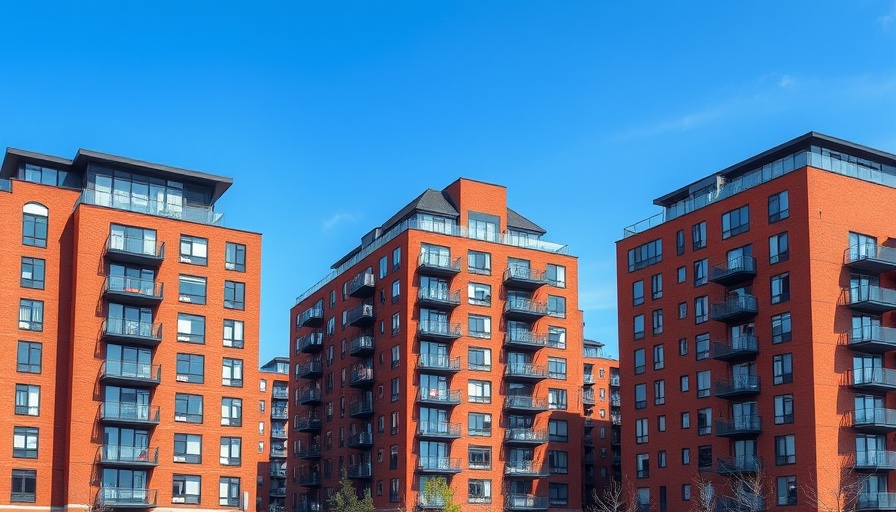
Understanding Your Crawl Space Issues
Every homeowner knows that certain parts of the house are out of sight and often out of mind. The crawl space is one such area, hidden away under floors, and yet it can harbor significant issues that affect the entire home. If you've discovered water pooling in this space as you prepare to sell your house, your immediate concern should shift from simply selling to ensuring that potential buyers feel confident about their investment.
Navigating the Water in Your Crawl Space
When you’re confronted with water in your crawl space, the first step is to thoroughly assess the situation. Identify the source of the problem: is it due to heavy rainfall, poor drainage, plumbing leaks, or perhaps a high water table? Each of these can lead to different implications for your home’s value and sale.
Engaging a qualified contractor or home inspector is essential. A professional assessment will help determine whether the water issue is merely excessive moisture, or if it has escalated to causing mold, rot, or other structural damage. Keeping detailed records of any assessment will be crucial, as these will assure buyers of the steps you've taken to address the issue.
Deciding on Repairs or Selling As-Is
At this juncture, you have two primary options: fix the damage before listing your property or sell it as-is. If you opt to repair the issues, consider how it might limit your listing timeline and initial outlay costs versus the potential increase in your home's value and buyer interest.
Pricing Strategies for Homes with Crawl Space Issues
If you choose to sell your home as-is, a strategic pricing approach is vital. Most buyers will be skeptical about purchasing a home with crawl space issues, likely assuming the worst. Here, transparency and proper pricing can go a long way. Use the estimated repair costs to adjust the market value of your home: for example, if your home's value is $400,000 and the estimated repairs are $15,000, listing closer to $385,000 might attract more interest while offering buyers a clear understanding of the expenses they'll incur.
Leveraging Documentation and Buyer Perceptions
Regardless of your decision to repair or sell as-is, leveraging detailed documentation can shape buyer perceptions positively. Notifying potential buyers of previous inspections, repairs made, and even estimates for future work creates a narrative of responsibility and transparency. This can significantly impact how buyers experience the sales process and make decisions as well.
The Importance of an Experienced Real Estate Agent
Having the right real estate agent is more crucial than ever when dealing with complications like water issues in the crawl space. An experienced realtor can understand local market trends and assist in crafting a competitive strategy that aligns with current conditions while ensuring you receive fair value for your property. They play a vital role not only in marketing your home but also in negotiating favorable terms that reflect the home’s true worth.
Preparing Your Home for a Successful Sale
Ultimately, selling a home with water issues in the crawl space doesn’t have to be daunting. With the proper steps, including professional inspections, strategic pricing, and the right guidance from a knowledgeable real estate agent, you can navigate each facet of the selling process. The conclusion of this journey isn’t just selling your home; it's doing so in a way that provides peace of mind to both you and the buyers.
 Add Row
Add Row  Add
Add 



Write A Comment